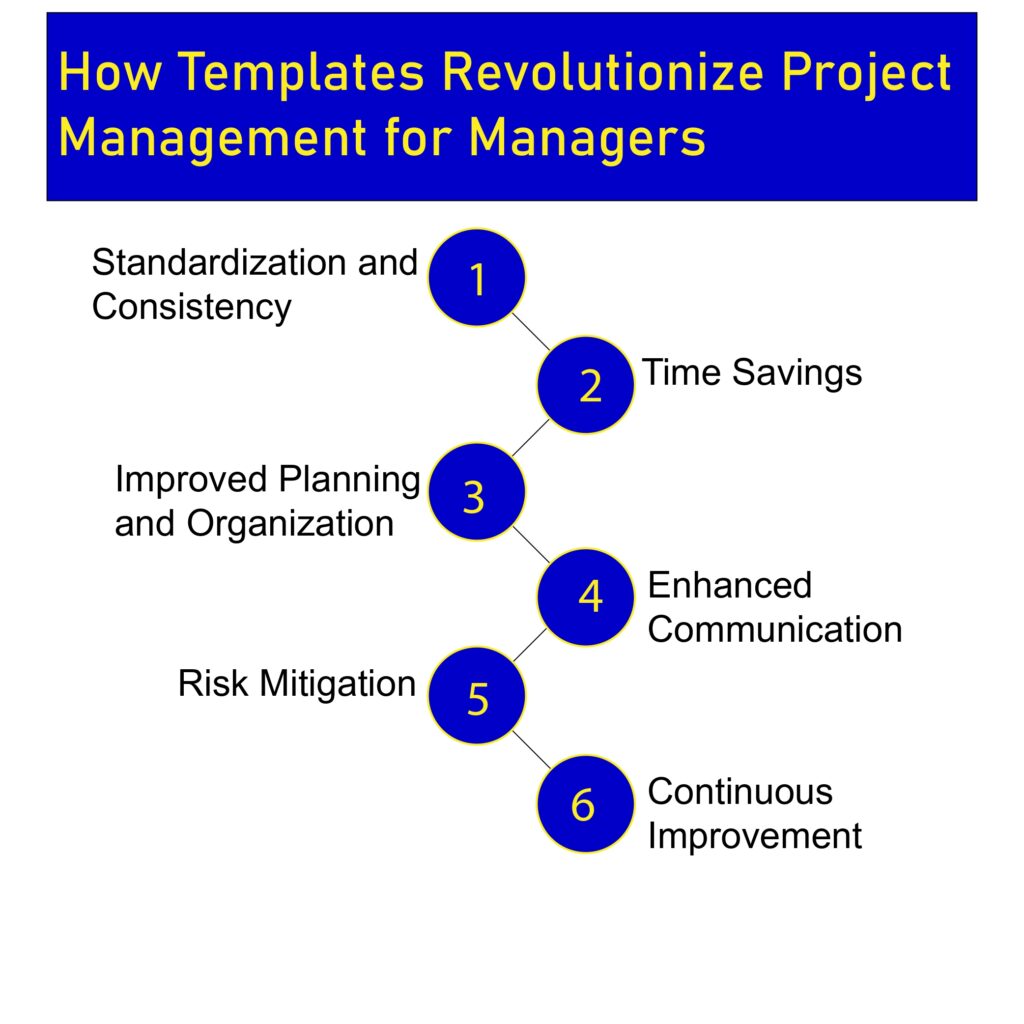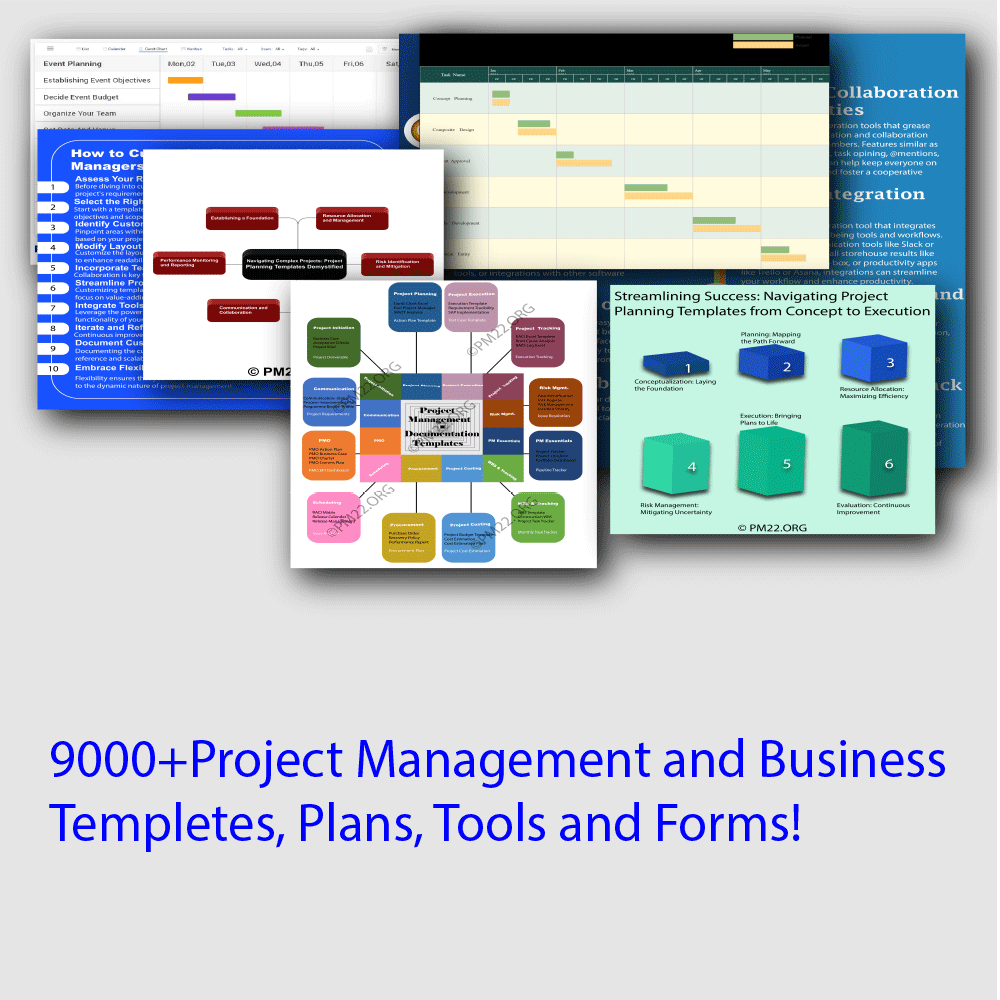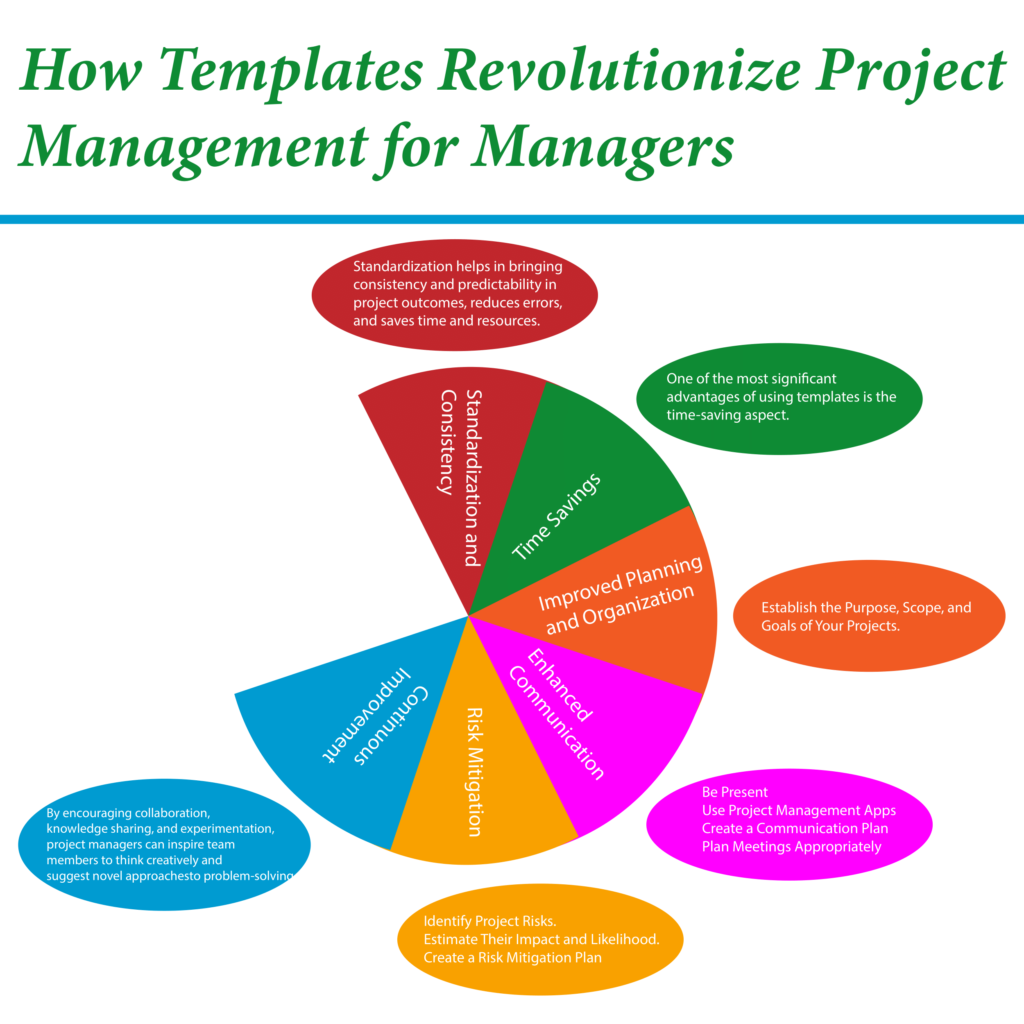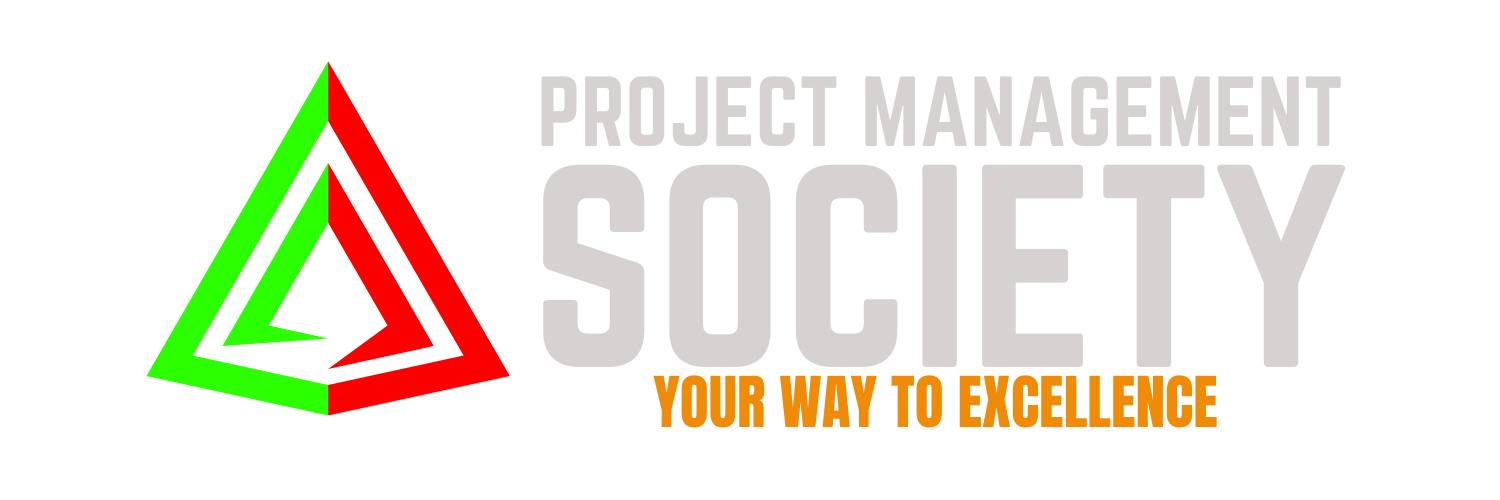 In the dynamic world of project management, efficiency and consistency are paramount. Managers are constantly seeking ways to streamline processes, enhance productivity, and deliver results within tight deadlines. One powerful tool that has emerged to aid in this endeavor is the use of templates. These pre-designed frameworks offer a myriad of benefits that revolutionize project management for managers across various industries.
In the dynamic world of project management, efficiency and consistency are paramount. Managers are constantly seeking ways to streamline processes, enhance productivity, and deliver results within tight deadlines. One powerful tool that has emerged to aid in this endeavor is the use of templates. These pre-designed frameworks offer a myriad of benefits that revolutionize project management for managers across various industries.
Standardization and Consistency
Templates provide a standardized framework for project planning, execution, and monitoring. By establishing predefined formats for tasks, timelines, budgets, and deliverables, templates ensure consistency across projects. This standardization minimizes errors, reduces confusion, and fosters a common understanding among team members. Managers can rely on templates to enforce best practices and ensure that every project adheres to established guidelines, regardless of the team’s size or complexity.
Time Savings
One of the most significant advantages of using templates is the time-saving aspect. Instead of starting from scratch for each project, managers can leverage existing templates tailored to specific project types or industries. This eliminates the need to reinvent the wheel, allowing managers to allocate their time and resources more efficiently. With templates, project initiation can be expedited, enabling teams to focus on essential tasks rather than getting bogged down in administrative details.

![]() Improved Planning and Organization
Improved Planning and Organization
Templates serve as blueprints for effective project planning and organization. They prompt managers to consider essential elements such as project objectives, scope, milestones, and resource requirements upfront. By filling in the blanks of a template, managers can create comprehensive project plans that encompass all necessary components. This structured approach minimizes oversights, ensures thoroughness, and enhances overall project preparedness. Moreover, templates facilitate collaboration among team members by providing a clear roadmap for project execution.
Enhanced Communication
Effective communication is crucial for project success, and templates play a vital role in facilitating communication among stakeholders. Whether it’s through project schedules, status reports, or meeting agendas, templates provide a standardized format for sharing information in a clear and concise manner. This consistency fosters better understanding, promotes transparency, and minimizes misunderstandings. Managers can use templates to communicate expectations, track progress, and solicit feedback, thereby fostering a collaborative environment conducive to success.
CLICK HERE TO DOWNLOAD 300+ PROJECT MANAGEMENT TEMPLATES & DOCUMENTS IN EXCEL
Risk Mitigation
Projects inherently entail risks, ranging from budget overruns to scope creep and resource constraints. Templates can help mitigate these risks by incorporating risk management strategies into the project planning process. By including sections for risk identification, assessment, and mitigation in project templates, managers can proactively anticipate and address potential challenges. This proactive approach empowers managers to develop contingency plans, allocate resources strategically, and minimize the impact of unforeseen events on project outcomes.
Continuous Improvement
Templates not only streamline current projects but also facilitate continuous improvement over time. By regularly reviewing and refining templates based on lessons learned and feedback from past projects, managers can adapt to evolving needs and emerging trends. This iterative process ensures that templates remain relevant, efficient, and aligned with organizational objectives. Moreover, as managers accumulate experience and insights, they can refine templates to incorporate industry best practices and innovative approaches, further enhancing project management effectiveness.
In conclusion, templates represent a powerful tool that revolutionizes project management for managers by providing standardized frameworks, saving time, enhancing planning and organization, facilitating communication, mitigating risks, and enabling continuous improvement. By leveraging templates effectively, managers can streamline project processes, boost team productivity, and deliver successful outcomes consistently. As the demands of project management continue to evolve, templates will remain indispensable assets for managers seeking to navigate complex projects with efficiency and agility.
